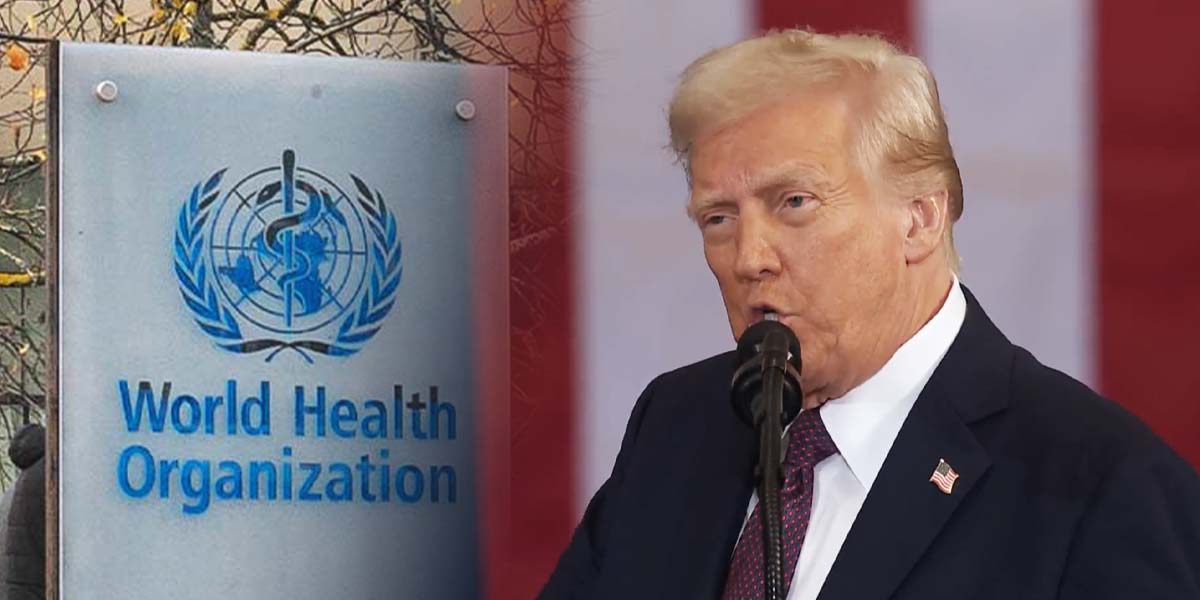On Thursday, the United Nations said that the United States will withdraw from the World Health Organization on 22 January 2026, after a formal notification from President Donald Trump, who has been a long-time critic of the agency over its alleged mishandling of the pandemic and other international health crises.
Trump announced the decision hours after his inauguration on Monday. The next day, the WHO stated disapproval of the move from the U.S. patronage.
Trump must send a one-year notice of the withdrawal and pay Washington’s dues under a 1948 joint resolution of the U.S. Congress.
The U.S. has been WHO’s largest financier by far, contributing around 18% of the agency’s funding.
Trump has long criticized the agency. His plan to withdraw highlights a major shift in U.S. global health policy and would further isolate the nation from international efforts to combat pandemics.
Several WHO critics have been nominated for top public health positions by Trump, including a well-known vaccine skeptic Robert F. Kennedy Jr., who was nominated for the secretary of Health and Human Services, which oversees all of U.S. major health agencies like the CDC and FDA.
Trump attempted to bring the U.S. out of the organization in 2020, but President Joe Biden reversed that decision six months later.
Trump accused WHO of being China’s puppet after failing to hold China accountable for the early spread of COVID-19. Ever since then, Trump has pledged to redirect the U.S. international health contribution toward domestic health initiatives.
WHO Director-General Tedros Adhanom Ghebreyesus at a press briefing on 10 December responding to the question on Trump withdrawing from the agency, said that the organization needed to give the U.S. some breathing room for its transition. He also remarked on his confidence that the U.S. could finalize a pandemic agreement by May 2025.
Critics of Trump’s withdrawal warn that without the U.S. contribution, the organization’s ability to monitor global disease and conduct emergency response could be severely undermined.
Director of the WHO Collaborating Center Lawrence Gostin said that the U.S. withdrawal would cost its influence on global health as China replaces it to fill the vacuum.





